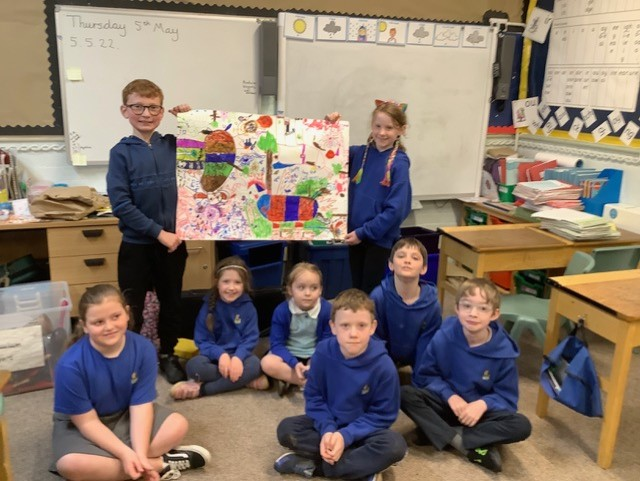
Capturing the joy of Whole Class Instrumental Teaching through Arts Award
BY: Natalie Christopher
20 Jun 2022
Have you ever considered what a Whole Class Instrumental Teaching (WCIT), or First Access, programme combined with Arts Award might look like? Music education hub, Music Partnership North, have been pairing the two in schools for the last few years. We caught up with Fiona Johnstone and Ann-Britt Hedley to find out more about their programme and top tips for introducing Arts Award into WCIT.
Music Partnership North, based in the Northeast of England, delivers music services across two Local Authorities: Newcastle and Northumberland. As Fiona explains, the two are quite different:
'In Northumberland, we're quite rural; Newcastle is very inner-city. There's a lot of hard-to-reach areas in Newcastle and deprivation, whereas in Northumberland, we have a cross-section of quite affluent areas through to high levels of deprivation.'
In Northumberland specifically, the hub delivers between 90-100 1-hour First Access projects a week in a wide range of instruments that includes Djembes, classical western and regional traditional such as Northumbrian pipes and accordions. On average, they teach about 3000-4000 children a week as part of First Access classes, plus more in their progression ensembles or 'mini bands'.
The hub first started exploring Arts Award about 7 years ago as they looked to broaden their provision. Just Fiona and former Head of Service, Gill Walker, trained initially and started running small projects predominantly with Bronze. It was then that they saw the opportunity to link it to whole class First Access tuition and introduced Discover and Explore:
'In Northumberland, we've gone from strength-to-strength and, from the beginning, we tagged it straight on to our Whole Class First Access project as an easy add-on. With First Access, because we run the majority of our projects for a year, we find that it gives an extra focus into the programme rather than just doing instrumental teaching.'
Fiona
The format of their Arts Award delivery varies. Typically, where the teachers are delivering First Access classes to Year 3 only, they work towards Discover at the same time:
'If it's only based in Year 3, the Discover award is just perfect as we have lots of time to make music and complete the booklet'.
Ann-Britt
However, the hub is adaptable in its approach. One example of this is how delivery differs in a very small school where Years 2, 3 and 4 are combined to make a class:
'In Year 2, the children complete the Discover award, then they start Explore in Year 3 and finalise it in Year 4'.
Ann-Britt
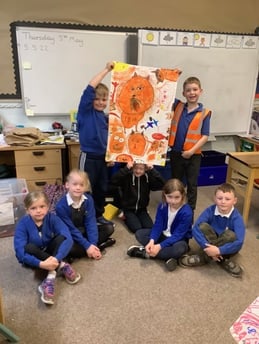 The flexibility and tutor autonomy doesn't stop there as advisers are encouraged to be creative in their approaches. Ann-Britt speaks passionately about the various ways in which she engages her students, from introducing themes like The Nutcracker to creating soundscapes based on Carnival of the Animals. Nor does she restrict their Arts Award activities to purely music - her students dance, dramatise, create artworks and write stories to complement her teaching.
The flexibility and tutor autonomy doesn't stop there as advisers are encouraged to be creative in their approaches. Ann-Britt speaks passionately about the various ways in which she engages her students, from introducing themes like The Nutcracker to creating soundscapes based on Carnival of the Animals. Nor does she restrict their Arts Award activities to purely music - her students dance, dramatise, create artworks and write stories to complement her teaching.
Ann-Britt is also brilliant at forward planning and communicating with her schools:
'At the beginning of the year, she's talking to the schools and any other visiting tutors and checking for any activities that would link into the award and signposting them across. It's having conversations with the school and looking at their planner for the year coming ahead to see what else is happening.'
Fiona
In doing this, Ann-Britt is both including the school teachers in her plans and taking a cross-subject approach to Arts Award and music delivery.
The hub has also created its own booklets to support their advisers with their First Access Arts Award. It provides a structure which can be added to with extra handouts, videos, sound captures, etc. But more importantly:
'At the end of the year, the children have this beautiful booklet that is all about themselves, their music-making, and their friends. They like it so much because they can see what they have done'.
Ann-Britt
In addition to acting 'a bit like memory capsules' for the students, these booklets are also treated as creative outlets in which the children are free to express themselves. It struck me that Ann-Britt was threading health and well-being into her lessons too:
'It's true! It's so important and it's so obvious - the need for the children to work together and show their feelings. It's obvious that the children are really craving to do this now, more than ever.'
It's clear that the students get a lot out of the Arts Award programmes Music Partnership North deliver. From Fiona's perspective, it enriches their music lessons, broadening 'the instrument focus to the person behind the art form: the organisation, the composer, or what's inspired the artwork'. It also encourages the young people to get in touch with their own creativity - something the might not recognise in themselves when they first start. But Ann-Britt thinks it has a much more profound impact: in her experience, students who have been involved with Arts Award have been more likely to continue with their instrumental lessons or arts activities.
Here are Fiona and Ann-Britt's top tips for First Access Arts Award delivery:
- Train tutors who are 100% committed to making Arts Award work. They've got to embrace it to get the most out of it, think outside the box and be creative.
- Have some kind of booklet as a starting point. You can add sheets in, and some people might want to move away from them, but it's something structured in front of you that you can also present to the school.
- When first starting out, consider whether you can offer the first one or two projects to the schools free of charge, just so that you can get that anecdotal evidence that it's worth doing.
- Have somebody in your office to help advisers, to be their point of contact and to make sure things get done when they need to on time - it's easier to coordinate if there's one person. This also gives advisers a point of contact who can phone Arts Award with any queries they may have while out teaching.
- If possible, arrange for the schools to take photos. This ensures that any safeguarding protocols are adhered to and printed copies can be provided and inserted into the portfolios.
You can find more information about how Trinity and Arts Award can support Music Education Hubs on our website.
Images: Cambo County First School (pictures inspired by 'The Carnival of the Animals' by Saint-Saens)
Related posts
BY: Alan Lynch
BY: Alan Lynch
BY: Guest Writer

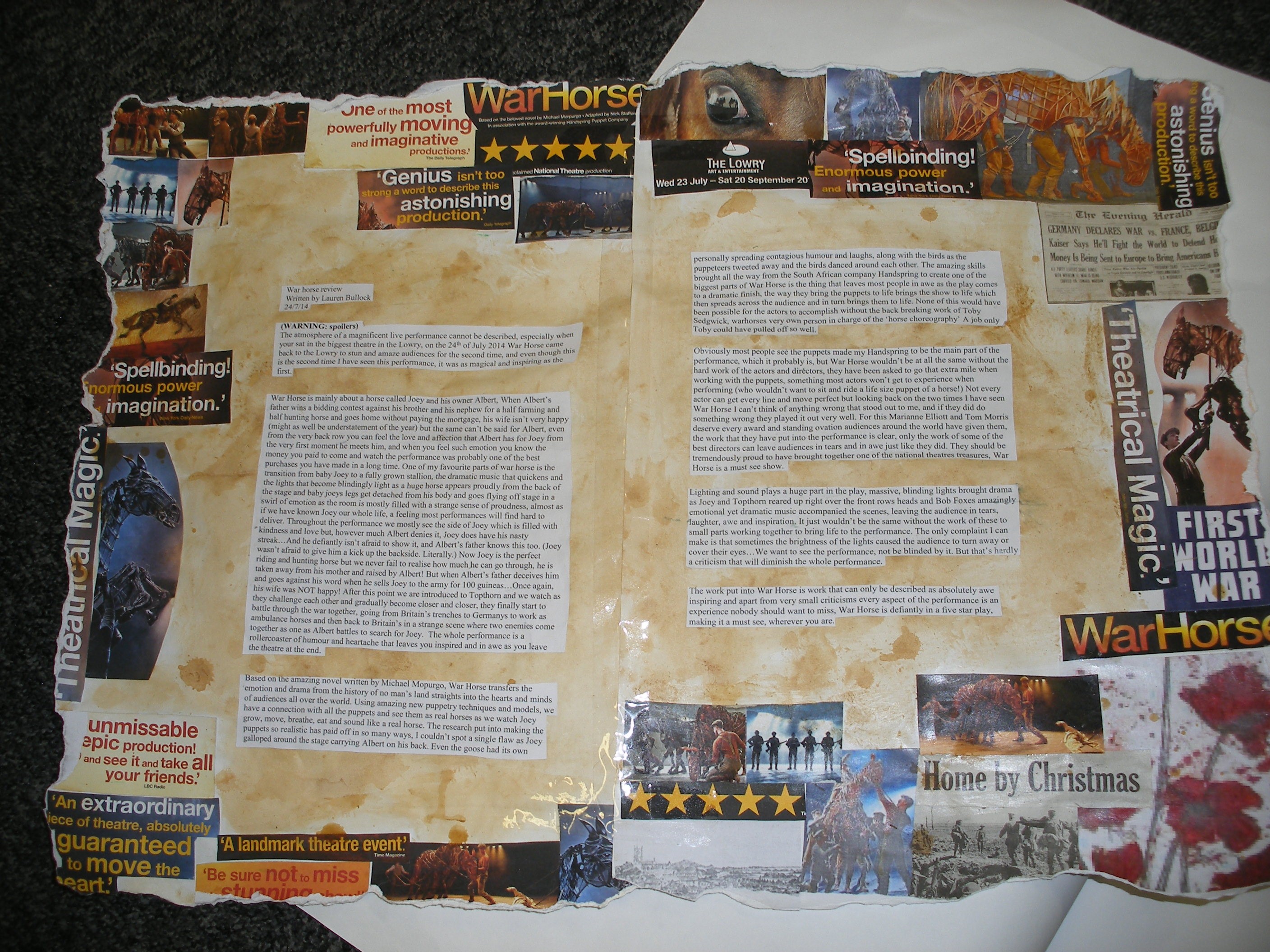
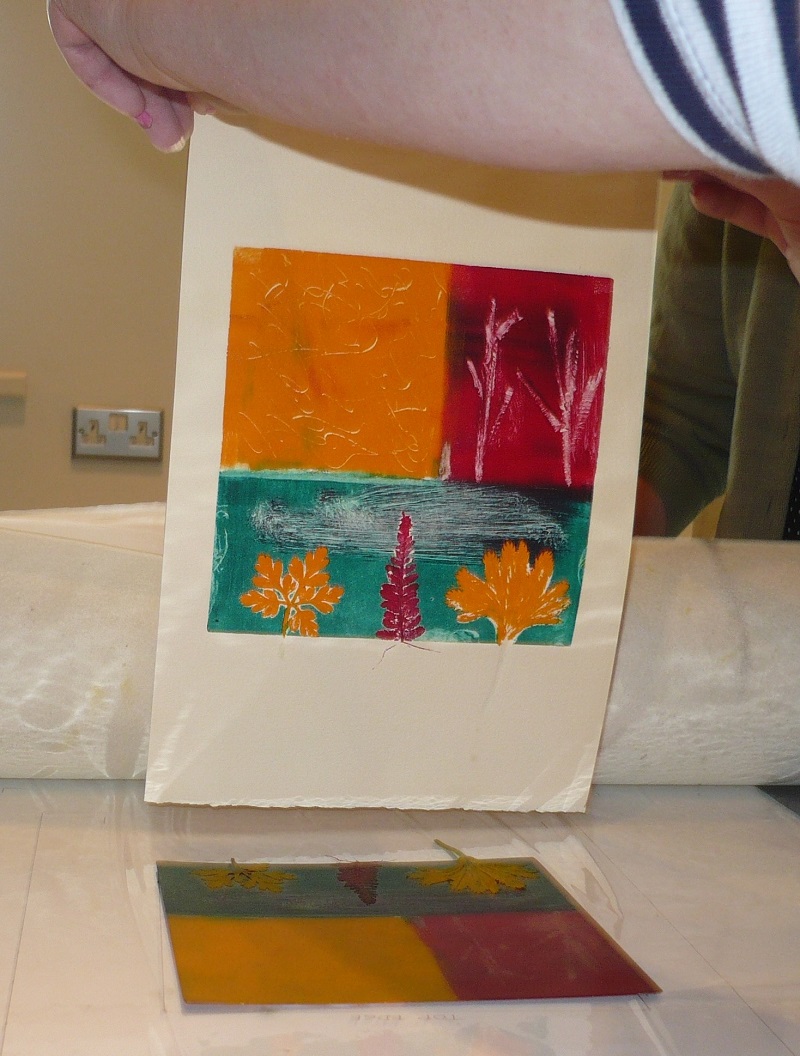
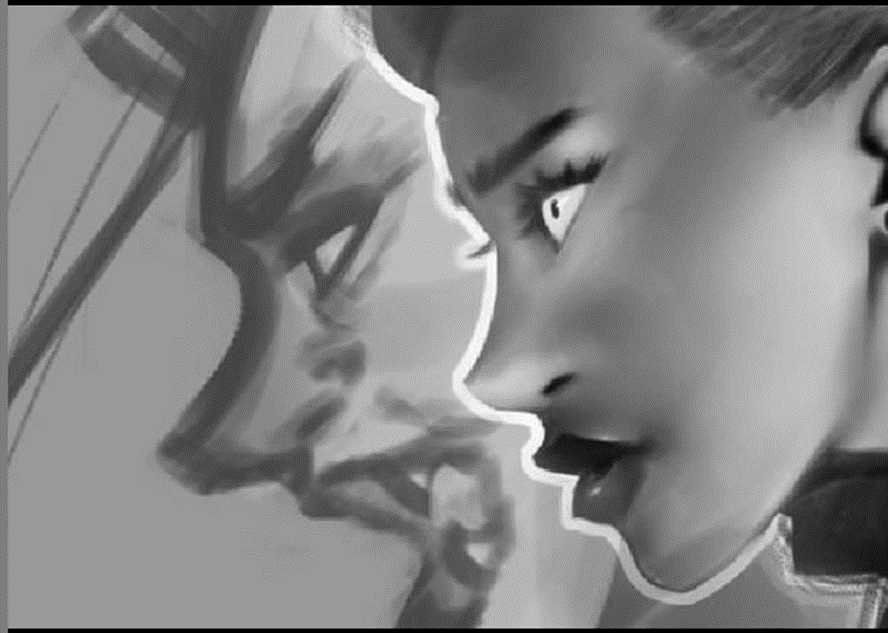
Comments & Replies